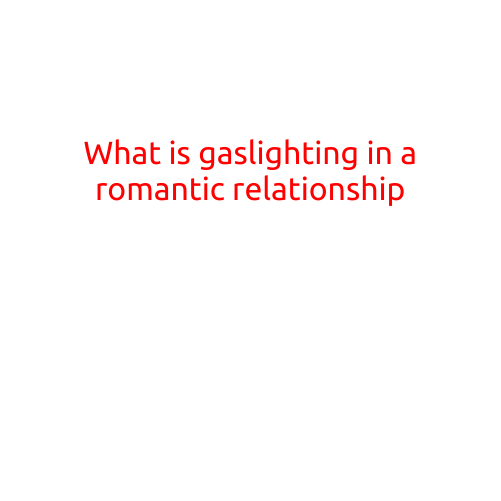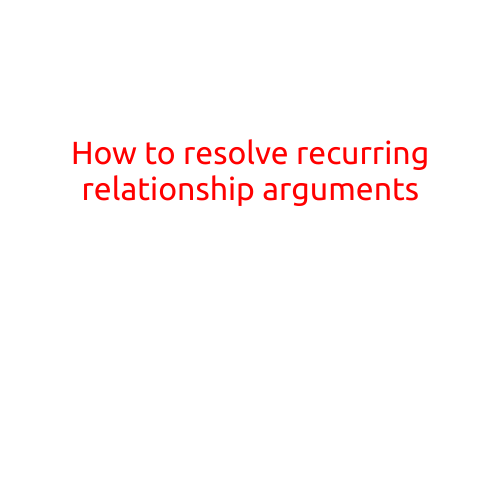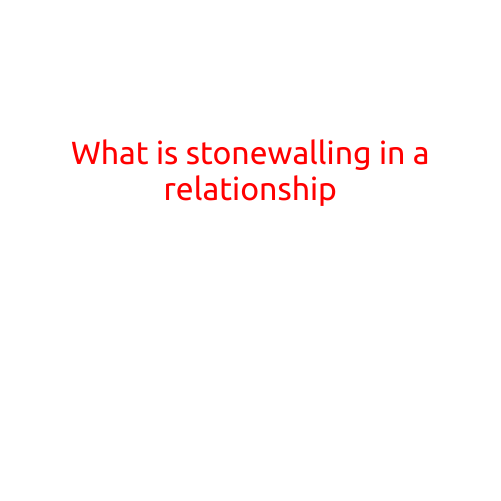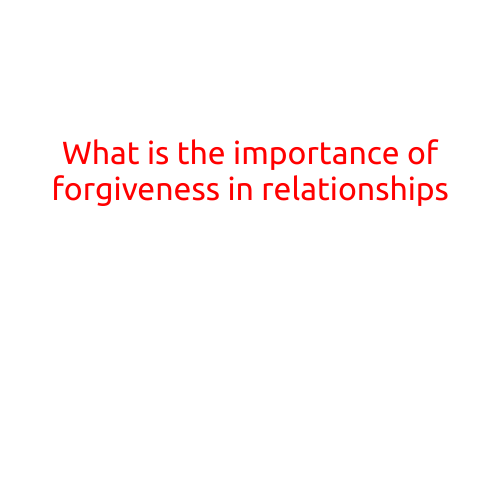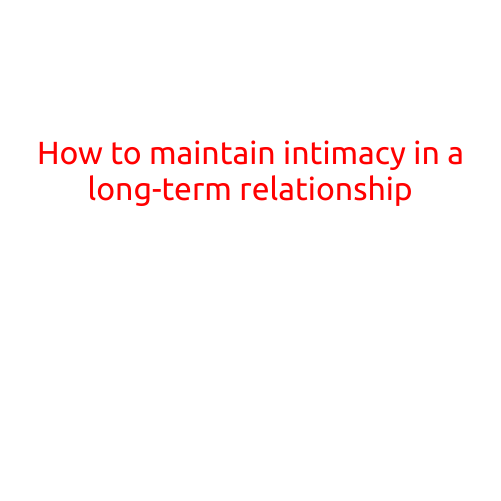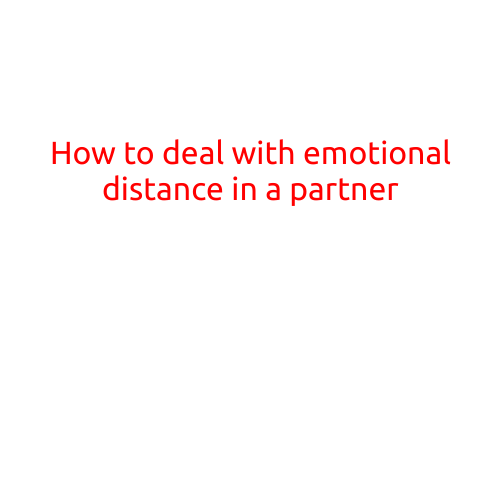
How to Deal with Emotional Distance in a Partner
Emotional distance in a relationship can be a challenging and frustrating experience for both partners. It’s common to feel disconnected, unheard, and unloved when your partner seems to be pulling away emotionally. But don’t worry, with the right strategies and communication, you can bridge the gap and reconnect with your partner.
Understanding Emotional Distance
Emotional distance can manifest in different ways, such as:
- Your partner avoiding conversations or intimacy
- Feeling unheard or unacknowledged
- A lack of emotional support or physical touch
- Feeling like you’re not on the same page
Emotional distance can be caused by various factors, including:
- Stress, anxiety, or depression
- Trauma or past experiences
- Poor communication or unresolved conflicts
- Different emotional needs or attachment styles
Signs of Emotional Distance
Recognizing the signs of emotional distance is crucial to addressing the issue. Look out for these signs:
- Avoidance or withdrawal from conversations or activities
- Difficulty sharing emotions or thoughts
- Lack of energy or interest in relationship
- Increased criticism or defensiveness
- Feeling unheard or dismissed
How to Deal with Emotional Distance
- Communicate Openly and Honestly
Communicate your feelings and concerns with your partner in a non-accusatory and non-judgmental way. Use “I” statements to express your emotions, avoiding blame or criticism. For example:
“I feel hurt/lonely/ignored when you don’t initiate conversations or intimacy. Can we talk about what’s going on?”
- Practice Active Listening
When your partner does communicate, actively listen to what they have to say. Give them your undivided attention, and avoid interrupting or dismissing their feelings. Repeat back what you’ve understood to show you’re engaged and willing to listen.
- Show Empathy and Understanding
Acknowledge and validate your partner’s emotions, even if you don’t agree with their perspective. Show empathy and understanding, and try to see things from their point of view.
- Identify and Address Underlying Issues
If emotional distance persists, try to identify the underlying causes. Is it stress, anxiety, or depression? Has there been a recent event or conflict that’s causing distance? Addressing the root cause can help resolve the issue.
- Role-Reversal and Rebuilding Intimacy
When emotional distance has caused a build-up of feelings, consider role-reversal and rebuilding intimacy. This can involve taking turns sharing emotions, thoughts, and desires, and engaging in sensual or intimate activities to reconnect.
- Seek Professional Help
If emotional distance persists despite your best efforts to address it, consider seeking professional help. Couples therapy can provide you and your partner with a neutral, expert perspective on your relationship and help you work through underlying issues.
Conclusion
Emotional distance in a relationship can be challenging, but it’s not impossible to overcome. By communicating openly and honestly, practicing active listening, showing empathy and understanding, and addressing underlying issues, you can bridge the gap and reconnect with your partner. Remember that every relationship is unique, and it may take time, patience, and effort to overcome emotional distance. With a willingness to work together and communicate openly, you can strengthen your bond and build a stronger, more loving relationship.
